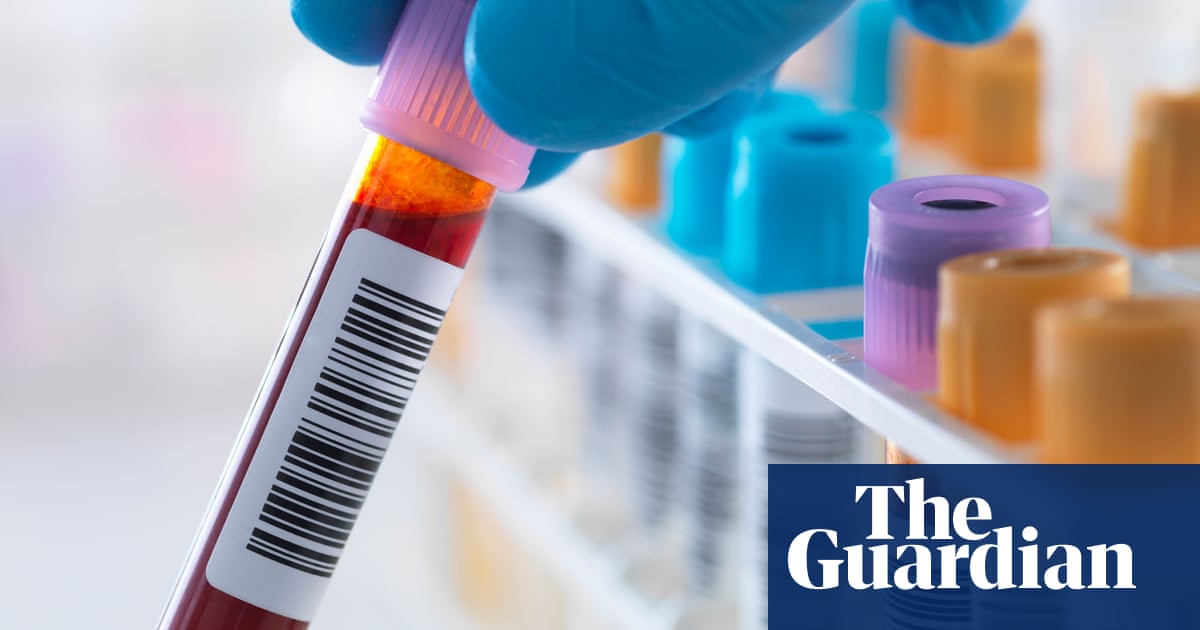
Doctors in Italy have reported the first clear evidence of a link between Covid-19 and a rare but serious inflammatory disorder that has required some children to undergo life-saving treatment in intensive care units.
The mysterious condition emerged last month when NHS bosses issued an alert to doctors after hospitals admitted a number of children with a mix of toxic shock and symptoms seen in an inflammatory disorder known as Kawasaki disease.
On Tuesday, medics at the Evelina London Children’s Hospital announced the death of a 14-year-old boy, the first known fatality from the condition in Britain. Between 75 and 100 children are now receiving treatment across the country. Typical symptoms include a fever, skin rashes, red eyes, cracked lips and abdominal pain.
Doctors suspected early on that coronavirus played a role in the new disorder by triggering an excessive immune reaction in the children, but there was no proof that the two were linked.
The latest evidence comes from doctors in Bergamo, the city with the highest rate of coronavirus infections and deaths in Italy. Medical records at the Papa Giovanni XXIII hospital showed that since the outbreak reached Bergamo, cases of Kawasaki-like disease rose to about 10 per month compared with one every three months in the previous five years.
Of 10 children treated for the disorder between mid-February and mid-April, eight tested positive for antibodies to the virus. The two negative cases may be explained by faulty test results, the doctors believe.
“Our study provides the first clear evidence of a link between Sars-CoV-2 infection and this inflammatory condition, and we hope it will help doctors around the world as we try to get to grips with this unknown virus,” said Dr Lorenzo D’Antiga, director of child health at the hospital. “I have no doubt that Kawasaki disease in these patients is caused by Sars-CoV-2.”
Writing in the Lancet, the medics warn that the “strong association” between the virus and the inflammatory condition should be taken into account when governments ease their lockdown restrictions. They stress, however, that the disorder is very rare, affecting no more than one in 1,000 children exposed to the virus. A fraction of these require intensive care.
Dr Annalisa Gervasoni, a paediatric specialist at the hospital, said: “In our experience, only a very small proportion of children infected with Sars-CoV-2 develop symptoms of Kawasaki disease. However, it is important to understand the consequences of the virus in children, particularly as countries around the world grapple with plans to start relaxing social distancing policies.”
Kawasaki disease, which overwhelmingly affects infants, causes inflammation of the blood vessels and in some cases a swelling of the heart. Swift treatment can prevent potentially lethal coronary aneurysms. The cause is not known, but studies suggest it is a post-infection inflammatory response that turns against the body.
The rise in cases points to a form of Kawasaki disease that affects young schoolchildren more than infants and is triggered specifically by coronavirus. Since the first cases were reported in Britain, dozens more have emerged in the US, France, Spain, Italy and Switzerland.
Health officials in Britain launched a surveillance study this week to monitor cases of the disorder, which they have tentatively named PIMS-TS, for Paediatric inflammatory multisystem syndrome temporally associated with Sars-CoV-2.
Prof Russell Viner, president of the Royal College of paediatrics and child health, said it remained the case that children were largely unaffected by Covid-19, but that surveillance for the new syndrome would shed light on who it affects, how, and what the longer-term outcomes are. “The great majority of children with this condition have been well treated and are getting better and have gone home,” he said.
Dr Liz Whittaker, a clinical lecturer in paediatric infectious diseases and immunology at Imperial College London, said cases followed the curve of the coronavirus outbreak and appeared to have peaked, though she could not rule out more as restrictions are lifted. “We are not seeing many children who are really unwell with this condition,” she said. “It shouldn’t be a factor when we reopen the schools.”











